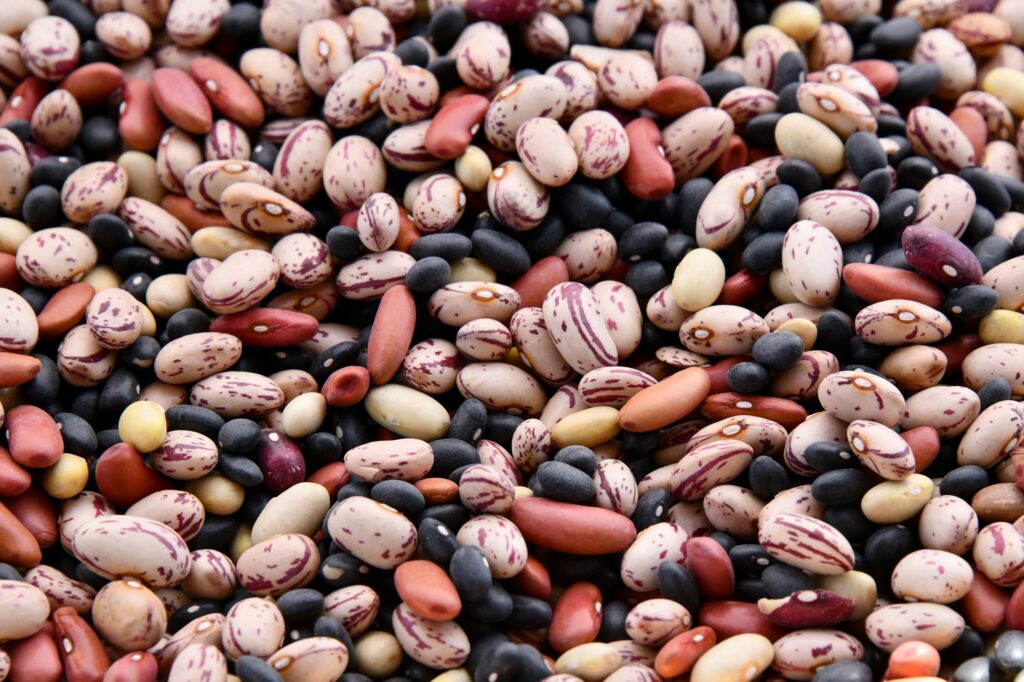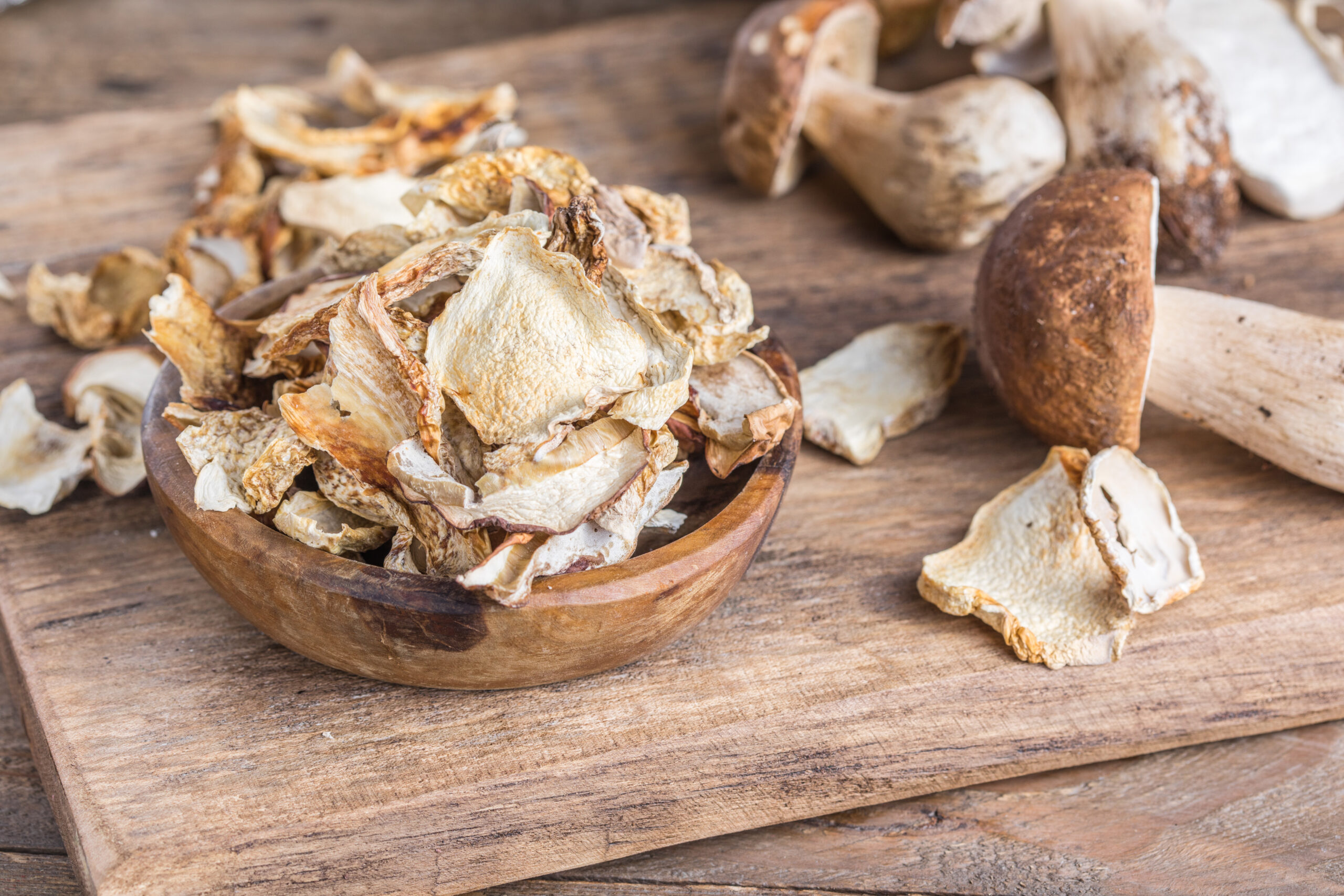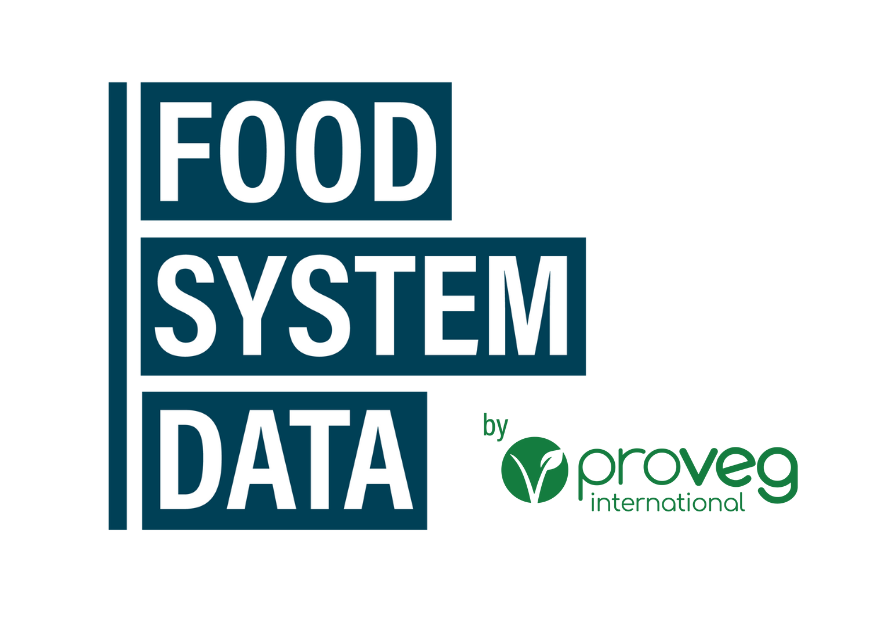VAT and subsidy reformation to boost the alternative protein market
The increase in demand for alternative proteins in the UK and the EU marks a significant shift towards more sustainable and ethical food systems in these regions, which not only offer substantial benefits for animal welfare and the environment, but also create a huge potential for growth in the alternative protein sector. However, current VAT policies and agricultural subsidies heavily favor the conventional meat and dairy industries, creating an uneven playing field that hinders the progress of alternative proteins.
What’s the current playing field?
In the UK, alternative proteins are generally subject to the standard VAT rate of 20%, whereas meat, fish, and other animal products, including some unprocessed products, are zero-rated or taxed at a reduced rate.1 Most processed plant-based foods, such as meat substitutes and dairy alternatives, do not benefit from these lower VAT rates.
In the EU, a similar pattern emerges despite the variation of VAT rates by country. Many EU countries apply reduced VAT rates to food products such as meat and dairy, while alternative proteins often do not receive the same tax benefits. For example, Germany applies a reduced VAT rate of 7% to most food items, including meat, but this reduced rate is not consistently applied to plant-based products. This was the subject of a ProVeg-led campaign in 2022, 0% for the climate, which sought to reduce VAT for plant-based products.2
Subsidies are a different issue. The UK government and the EU Commission provide substantial subsidies to the meat and dairy industries, supporting everything from production to marketing. In contrast, subsidies for and investments to alternative proteins remain minimal, despite growing trends in the past years. Subsidies alone on advertising meat and dairy products are substantial: The EU spends around 60 million euros of taxpayers’ money every year to market meat and dairy, with campaigns such as Let’s Talk About Pork and Become a Beefatarian, explicitly aiming to boost meat consumption and support the competitiveness of the EU’s animal agricultural sector.3

What can we do?
Evidence suggests that the meat and dairy industries are significantly favored compared to the alternative protein sector. To foster a fair and thriving food market, it is important to reform VAT policies and subsidies to support alternative proteins equally, if not provide them more tax advantage and financial support due to their substantial environmental and health benefits.
First, lowering VAT on plant-based and alternative proteins can make these products more affordable and accessible to consumers, providing them with more incentive to make more sustainable choices. Second, reallocating subsidies in support of alternative protein research, development, production and marketing, could level the playing field and stimulate competitiveness in the food market.
These changes would not only promote innovation and growth in the alternative protein sector but also advance public health and environmental sustainability goals.
Learning from others
Some countries are already taking steps in the right direction. In Germany, the Green Party has suggested raising the VAT on meat from 7% to 19%, using the extra funds to support environmentally friendly farming. Denmark is thinking about taxing red meat because of its environmental costs. These moves show a growing recognition of the need to align food policies with sustainability goals.
Meanwhile, in Sweden, where plant-based foods have lower VAT rates, people are buying more of them. This has led to better health outcomes and a smaller environmental footprint. These examples show how other countries can successfully implement changes.
Actionable Insights
For businesses and policymakers, several steps can help level the playing field for alternative proteins:
- Advocate for policy change: Businesses in the alternative protein sector should actively engage with policymakers to advocate for fairer VAT rates and subsidies. They should also invest in campaigns that highlight the environmental, health, and economic benefits of their alternative protein products, which can strengthen the case for policy reforms.
- Collaborate and create partnerships: Collaboration among businesses, research institutions, and non-profits can significantly advance the push for change. By working together, these stakeholders can present a united front to policymakers, demonstrating widespread support for reforms.
- Continue to educate consumers: Educating consumers about the benefits of alternative proteins and the impact of current VAT and subsidy policies can drive public demand for change. Businesses should invest in highly effective marketing and communication campaign strategies to inform consumers and build a strong, informed market.
- Invest in innovation: Continued investment in research and development is highly significant. By improving the taste, texture, and price of alternative proteins, businesses can enhance their competitiveness and appeal to a broader consumer base.
Reforming VAT and subsidy policies to support alternative proteins is vital for creating a sustainable and equitable food system. Such changes would not only benefit the environment and public health but also foster innovation and economic growth in the alternative protein sector.
Businesses and policymakers have a pivotal role to play in driving these reforms. For those needing guidance in navigating these landscapes, ProVeg International’s corporate and policy teams are ready to provide support and expertise.
By advocating for fairer policies, educating consumers, and investing in innovation, we can ensure a brighter, more sustainable future for all.

For more support on your plant-based strategy, feel free to contact our experts at [email protected].
References
- HM Revenue and Customs. (2024). Available: https://www.gov.uk/guidance/food-products-and-vat-notice-70114#general-food-products. Accessed: 2024-07-01.
- ProVeg International. Available: https://proveg.com/de/blog/0-fuers-klima-2-mehrwertsteuersaetze/. Accessed: 2024-07-01.
- ProVeg International. Available: https://proveg.org/news/this-makes-no-sense/. Accessed: 2024-07-01.



